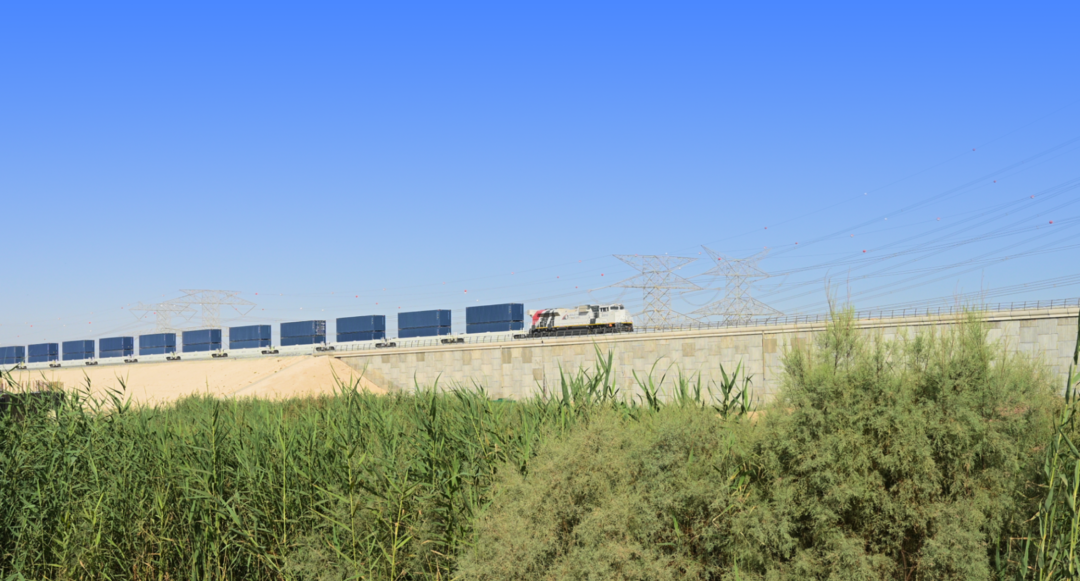UAE’s Etihad Rail Launches Sustainable Finance Framework for Green Investments
This framework aims to facilitate the issuance of green bonds, which will be instrumental in securing funds for lower-carbon infrastructure projects such as clean transportation, green buildings and pollution control.
Etihad Rail, the developer and operator of the United Arab Emirates’ rail network, has launched a sustainable finance framework, it said on Wednesday, in line with its environmental, social and governance strategy.
According to a statement, this framework aims to facilitate the issuance of green bonds, which will be instrumental in securing funds for lower-carbon infrastructure projects such as clean transportation, green buildings and pollution control.
It outlines critical aspects such as green loan and bond principles, the allocation of proceeds, project evaluation and selection, and the management and reporting of proceeds.
Developed in partnership with industry experts and financial institutions such as First Abu Dhabi Bank and Standard Chartered Bank, which acted as co-ESG advisors, the framework has also received validation through a Second Party Opinion from Det Norske Veritas.
“The introduction of our Sustainable Finance Framework is a testament to Etihad Rail’s commitment to integrate and uphold sustainable practices in all our operations,” said Ali Tabbal, chief financial officer at Etihad Rail, in a statement.
“The framework is pivotal to our broader ESG strategy, directly aligning with the United Nations’ sustainable development Goals. It provides a clear roadmap for integrating ESG considerations into investment decisions, empowering companies to generate long-term sustainable value,” added Tabbal.
The UAE has set an ambitious goal of achieving net-zero emissions by 2050, making it the first Middle Eastern and North African country to do so. This strategic initiative aligns with the global efforts to combat climate change and limit global temperature rise to 1.5 degrees Celsius.
The country is investing heavily in renewable energy, such as solar and wind power, to reduce its reliance on fossil fuels. It also aims to become a global leader in hydrogen production and utilization, considering it a clean energy source.
Nirmal Menon
Related posts

Subscribe
Error: Contact form not found.

